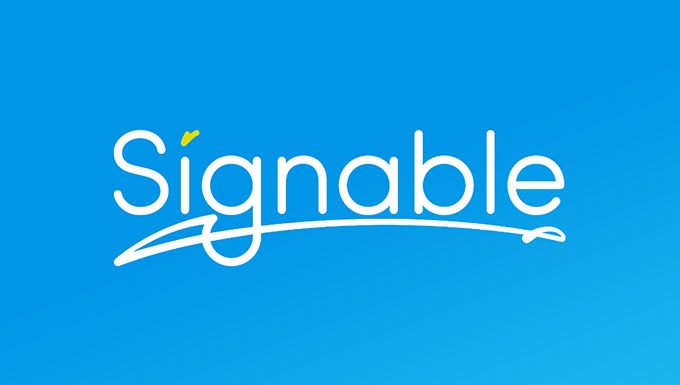US Electronic Signature Law & 2 States that differ

Published:
Electronic signature law in the US: how does it all work?
Right, so very simply, electronic signatures in the US are legal and there are two bits of legislation that outline the rules.
The first is not a federal law, although most states do still abide by it. It’s called the UETA Act (Uniform Electronic Transactions Act), and establishes that electronic documents and signatures can’t be rejected just because they are electronic.
Second is the ESIGN Act (Electronic Signatures in Global and National Commerce) which is a federal law allowing businesses in the US to use eSignatures when trading across states.
It’s worth knowing that in September 2020 the Senate committee voted on an update to the ESIGN Act called the ESIGN Modernization Act. It means that consumers are able to send and sign documents electronically, as long as simple disclosure information and consent to receive electronic documents.
This is an important improvement on the older ESIGN act, which requires the consumer to show that they can access electronic documents before they receive an electronic version. For more details on the updated ESIGN Act, check out this article.
The UETA & ESIGN requirements for most states:
Each electronically signed document needs to abide by the following:
1) Intent to Sign
Just like a wet signature, the user must demonstrate clear intent to sign.
2) Consent to do business electronically
This must be implied or expressed explicitly by the signing parties.
3) Clear signature association
Electronically signed documents must include a certificate of a signature which includes information about who the parties are, dates and time stamps, IP addresses and fingerprints, and a full audit trail.
4) Record retention
eSignature records are only valid if they can be reproduced when needed, so the storage of these records is a requirement.
For more information on these requirements, download our full USA legality guide.
What states don’t follow the ESIGN & UETA Acts?
However, there are a couple of states which have chosen not to adopt the UETA Act. Illinois and New York, while still bound by the ESIGN Act as part of federal law, have thrown a legal spanner in the works. But fear not, we are about to take you on a whistle stop tour of what’s legal and what’s not in these states.
What does Illinois say about electronic signature law?
Yes they are. Illinois still follows the ESIGN act as it’s federal law, but has chosen not to adopt the UETA Act. Instead, it has its own Electronic Commerce Security Act, the ECSA.
Overall the ECSA mirrors most, if not all, of the regulations in the ESIGN and UETA acts. It specifies that information, records, and signatures are not to be denied legal effect, validity, or enforceability purely due to being in electronic form.
What about New York?
Similarly, the ESIGN Act applies, but the UETA doesn’t. New York chose to pass the eSign & Electronic Signatures and Records Act (ESRA) instead. It states that signatures made electronically are just as legally binding as hand-written signatures.
The act also designates the state Office of Information Technology Services as the Electronic Facilitator responsible for promoting and enforcing ESRA regulations. This involves assisting private and public sector parties in understanding and using ESRA to support and encourage electronic commerce and electronic government in New York State.
All in all you can be pretty confident that using eSignatures is legal in the states. If you’re looking for a secure eSignature provider that is legally compliant with all these rules, look no further!
Give Signable a try. You can sign up for a free 14-day trial here.
